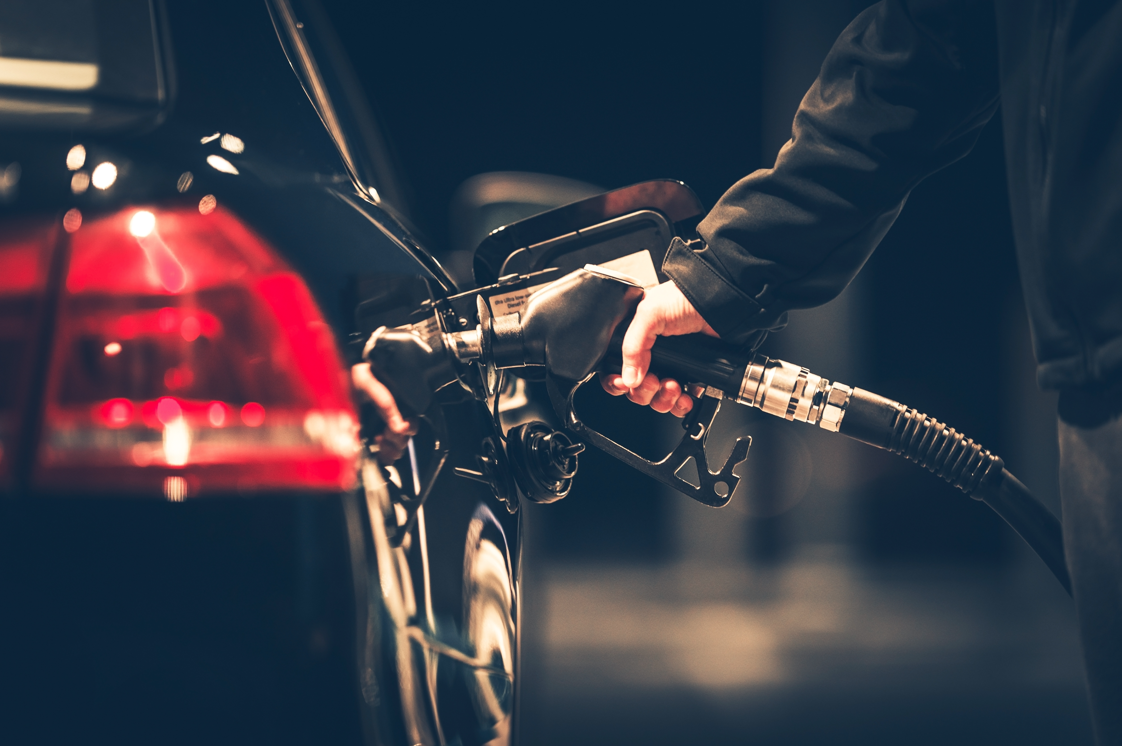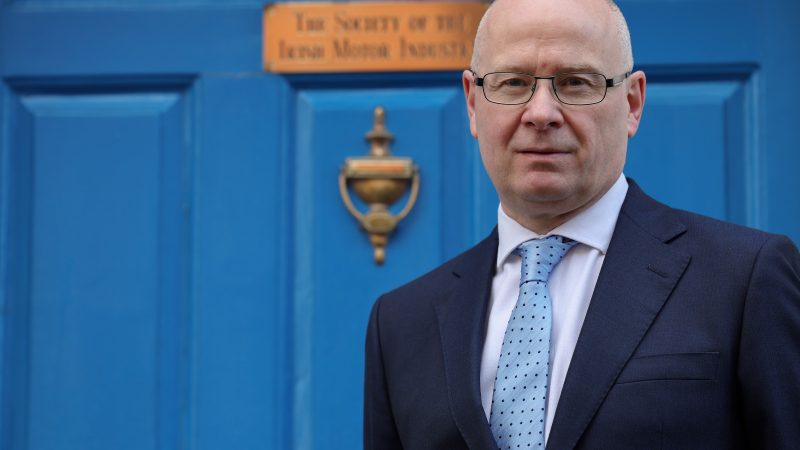Suppliers involved in fuel pricing fixing cartels could face 10 years in prison: watchdog

Jeremy Godfrey, chairman of the Competition and Consumer Protection Commission (CCPC), urged whistleblowers to come forward to help the investigation, saying they would be protected.
The CCPC said it has received almost 200 complaints from the public and public representatives about fuel prices in the past two weeks after controversy about alleged price gouging on forecourts. This followed a Government move to lower excise duty on fuel in response to soaring costs after Russia invaded Ukraine.
“In general, these complaints allege that filling stations failed to pass on the duty excise reduction in a timely manner or that they have exploited the current economic situation to raise fuel prices and increase profits,” Mr Godfrey told the Oireachtas committee on enterprise.
“Some of the complaints include allegations of collusion and a few contain information about price movements at particular filling stations.”
He said the CCPC was also dealing with a number of complaints relating to “allegations of filling stations turning off their roadside pricing display. We urge anyone who has specific information about collusion or any other breach of competition and consumer protection law to provide it to us.”
Mr Godfrey said the first cartel members to provide the CCPC with information about a cartel “can apply for immunity from criminal prosecution”.
“Penalties for the other cartel members, if they are found guilty of breaching competition law, can include large fines and a maximum of 10 years imprisonment for the individuals involved,” he added.
The CCPC is assessing the complaints about fuel prices at the pumps received in recent weeks and is “engaging with complainants and the industry” to assess any evidence that might indicate “collusive practices”.
It has already warned one fuel trader association and two fuel companies – whom he did not name – about the risks, under consumer and competition laws, of making statements on future fuel price hikes, the committee heard.
The Oireachtas transport committee also heard that Irish oil companies who are no longer buying Russian oil are paying a higher price for the fuels they purchase on the international market.
Fuels for Ireland chief executive Kevin McPartlan said some firms had decided to do this to reflect the views of consumers on the Russian invasion of Ukraine, which had “created significant challenges” for an industry already facing problems.
Mr McPartlan said demand was already reportedly outstripping supply as the world emerged from the Covid-19 pandemic. The Organisation of Petroleum Exporting Countries had refused to increase production and sanctions imposed on Iran were all having a “serious impact”.He said that before the invasion there was “a pinch on supply” and rising international wholesale prices.
Fine Gael TD Joe Carey asked organisations appearing before the committee for forecasts on the market amid speculation that fuel prices at the pump could reach €3 per litre.
Mr McPartlan said things had been so volatile that “it would be it would be foolish to try and make any great predictions”. He also said there is “a two-tier international wholesale market. There is a market for those who are prepared to buy Russian fuel and then there is a market for everybody else.
“And people who are prepared to buy Russian fuel can get wholesale prices far, far lower,” he said. He added that he did not know the exact difference, but that it is “substantial”.







